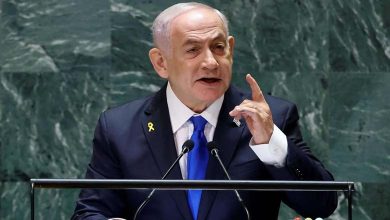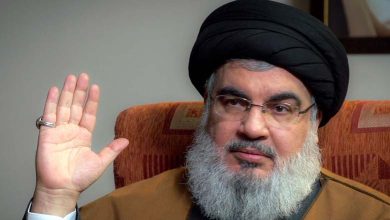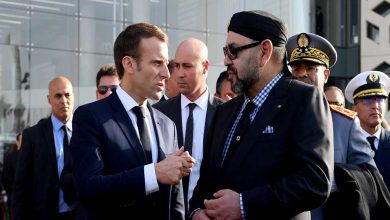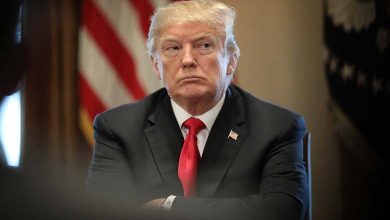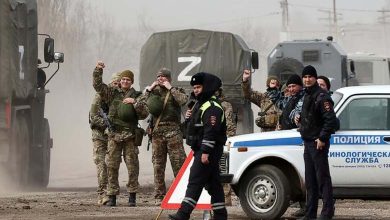Taliban threaten Washington after seizing Afghan funds

The Taliban threatened on Monday to “reconsider” its policy towards the United States if Washington does not retract its decision to seize seven billion dollars of the Afghan Central Bank, half of which would go to the families of the victims of September 11, 2001.
On Friday, US President Joe Biden signed an executive order allowing the United States to dispose of $7 billion of Afghan central bank funds held by US financial institutions, half of which is intended for the families of the victims of September 11.
The other half will be dedicated to providing humanitarian assistance in Afghanistan while ensuring that funds do not fall into the hands of the Taliban.
“US President Biden froze assets of Afghanistan that had been held by banks in his country, in violation of all international standards, and now wants to take irresponsible control of them”, the Taliban’s deputy spokesman said in an official statement posted on Twitter.
The September 11 attacks have nothing to do with Afghanistan. If the United States does not change its position and continue its provocative steps, the Islamic Emirate will be forced to reconsider its policy toward the United States.
The Taliban and Washington signed a peace agreement in Doha in February 2020, which was the basis for a foreign military withdrawal from Afghanistan. The hard-line movement is supposed to refrain from attacking foreign interests and from using Afghanistan as a platform to attack the West.
The Taliban’s statement reviewing its policies toward the United States points to a clear threat to American interests.
On Friday, in the movement’s first reaction to the measure, Taliban spokesman Mohammad Naim denounced on Twitter the US action, saying that “the theft and confiscation of the Afghan people’s money by the US constitute the lowest level of human and moral degradation in a country and a nation”.
Afghanistan has been in a major humanitarian crisis since the Taliban took power in August last year following a devastating 20-year war, and international aid, which accounts for 75 percent of the Afghan budget, has been suspended.
According to the International Monetary Fund, the total reserves of the Afghan Central Bank at the end of April last year were $9.4 billion.
The money, deposited before the Taliban returned to power, is held abroad and the bulk of it is in the United States.
Aware of the controversy that Biden’s decision will stir, White House officials explained that the reserves of the Afghan Central Bank “are due to the continued and substantial assistance that Afghanistan received from the United States and other international donors over two decades”.
The White House also noted that the United States has been Afghanistan’s primary aid provider, stressing that this bilateral assistance remains separate from the Afghan Central Bank’s assets freeze.
The UN has been calling for months for sanctions against Afghanistan to be eased since August 2012 to avoid the country’s collapse.
The international community does not recognize the legitimacy of the movement’s system and requires that the movement take concrete steps in respect of human rights to resume international assistance.
The Taliban ruled Afghanistan between 1996 and 2001. Their rule was characterized by suppression of freedoms. However, after they were overthrown by US and US-allied forces, the movement returned to power in August following the withdrawal of Western forces.
After returning to power, the movement violently broke up women’s rights protests and arrested journalists and opponents of its regime.
The Islamic Movement prohibited teenage girls in several public schools and high schools from attending school and imposed a ban on women to accompany them on long journeys and excluded them from most public jobs.



